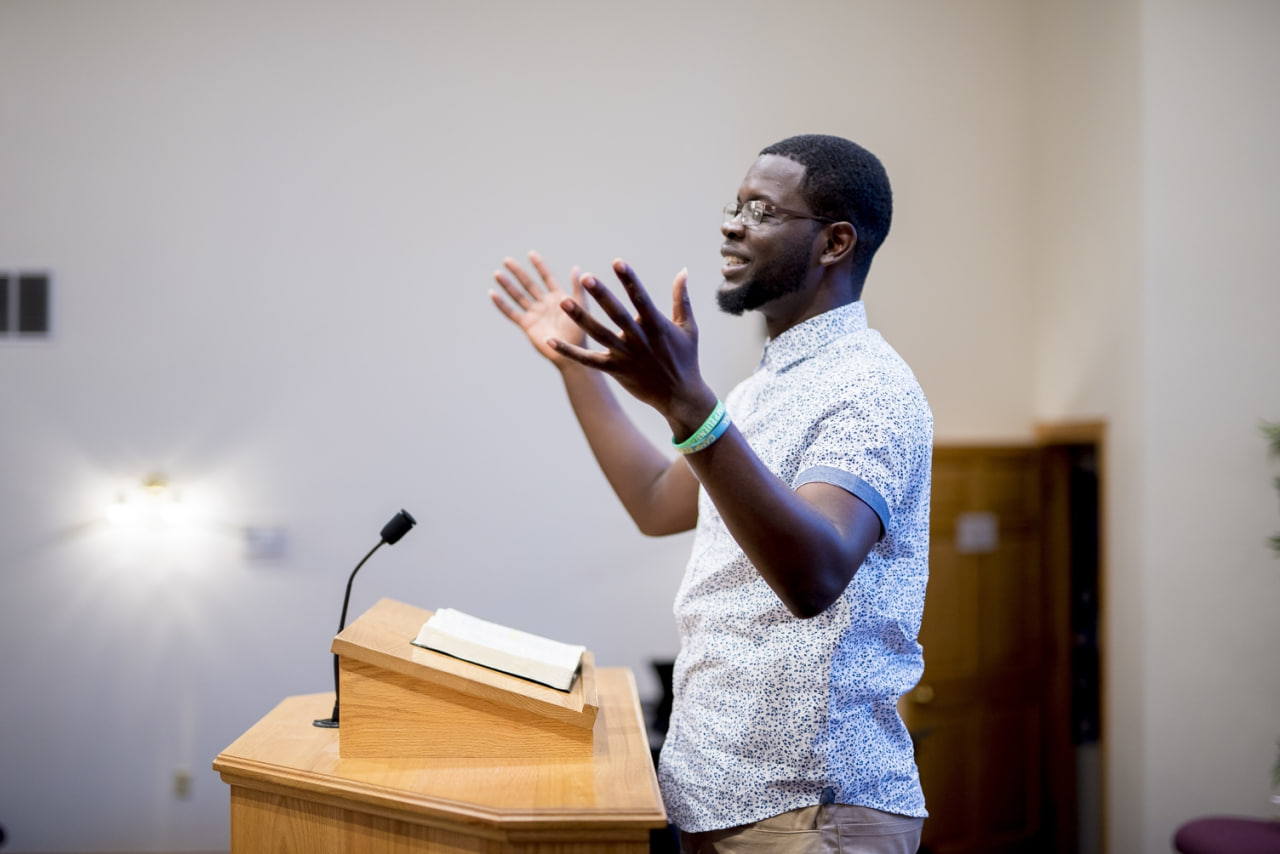From Fear to Confidence: Real Stories of Public Speaking Transformation
Public speaking is one of the most common and paralyzing fears in the world. For many, the thought of standing in front of an audience—even a small one—brings on a mix of anxiety, self-doubt, and the overwhelming urge to avoid it altogether. But behind every confident speaker is a journey that often begins with trembling hands, shaky voices, and a firm belief that they “just aren’t good at it.”
At Public Speaker Pro, we’ve worked with people from all walks of life who once feared the spotlight but now step into it with purpose and pride. In this post, we’re sharing some of their real stories—stories that show how fear doesn’t have to be the end of the line. In fact, it’s often just the beginning.
The Entrepreneur Who Couldn’t Pitch
Maria, a startup founder in her early 30s, came to us after a disastrous pitch in front of investors. She knew her product inside and out but froze under pressure. Her voice quivered, she forgot key points, and one investor even asked, “Are you nervous?”
Maria’s challenge wasn’t knowledge—it was fear of being judged. She spent years building her company but hadn’t spent five minutes preparing to present it publicly. Through weekly one-on-one coaching and real-time simulations, she learned to ground herself physically, structure her message clearly, and answer questions without spiraling into panic.
Six months later, she pitched again—this time securing $400,000 in seed funding. The investors remembered her transformation and told her she now “owned the room.” She said the biggest change wasn’t just in her skills—it was in her mindset. “I stopped trying to be perfect,” she told us. “I started being present.”
The Team Leader Who Spoke Too Fast
Darius had just been promoted to a senior management role in a growing tech firm. Brilliant in strategy meetings, he was often asked to present to clients and internal teams. But the problem? He rushed. He spoke too fast, filled silences with “uhs” and “likes,” and lost people halfway through.
Public speaking wasn’t new to him, but doing it well was. He didn’t lack content—he lacked control. In our sessions, we worked on pacing, breathing, and intentional pauses. He practiced recording himself, analyzing speech tempo, and using silence as a tool rather than a threat.
Within three months, Darius was not only more composed but more respected. His presentations became calmer, clearer, and more engaging. One colleague even joked, “You sound like a TED speaker now.” Darius laughed but admitted, “I finally feel like people are hearing me, not just rushing to the end of my slides.”
The Teacher Who Lost Her Voice
Emma had taught for over a decade, but after moving into educational consulting, she was invited to speak at a national conference. Standing in front of 500 educators felt completely different from managing a classroom. “I felt like a fraud,” she said. “I couldn’t even hear my own voice.”
Emma didn’t need help with content—she needed to rediscover her confidence. Together, we focused on vocal projection, storytelling, and presence. We had her rehearse in environments that mimicked the real venue, worked on building visual anchors instead of staring into the abyss of an audience, and reconnected her with the “why” behind her message.
Her talk was a success. More importantly, she walked off the stage proud of herself. “I felt like I was leading again,” she said. “Not just sharing information—but moving people.”
The Developer Who Hated Speaking Up
Not every transformation happens on a stage. Alex, a quiet software developer, came to us simply because he wanted to speak up more in team meetings. “I always have ideas,” he said. “I just can’t seem to say them out loud in time.”
He assumed public speaking meant big speeches. We showed him that everyday communication—pitching an idea, giving feedback, asking a question—is public speaking too. We worked on spontaneous speaking skills, role-playing team meetings, and dismantling the mental script that said, “You’ll sound stupid.”
A few weeks in, Alex surprised himself. He started contributing regularly, offering insights with clarity and calm. His manager took notice and asked him to co-lead a client presentation. Alex agreed. “I never thought I’d enjoy this,” he admitted. “But it turns out, I just needed a safe way to practice.”
Fear Is Normal. Staying Silent Isn’t.
What all these stories have in common isn’t talent or charisma—it’s effort, support, and the decision to try. Every confident speaker you see today was once a nervous beginner. They didn’t eliminate fear. They learned to work with it. They learned techniques, built habits, and most of all, stopped letting fear make their decisions.
At Public Speaker Pro, we don’t believe in “natural speakers.” We believe in practiced ones. Our students come to us with anxiety, uncertainty, and hesitation. They leave with clarity, conviction, and confidence.
And you can too.
Your Voice Is Worth Hearing
If you’ve been holding back—whether on a stage, in a meeting, or even in conversation—know that change is possible. Speaking confidently isn’t about being perfect. It’s about being present, prepared, and proud of your voice.




